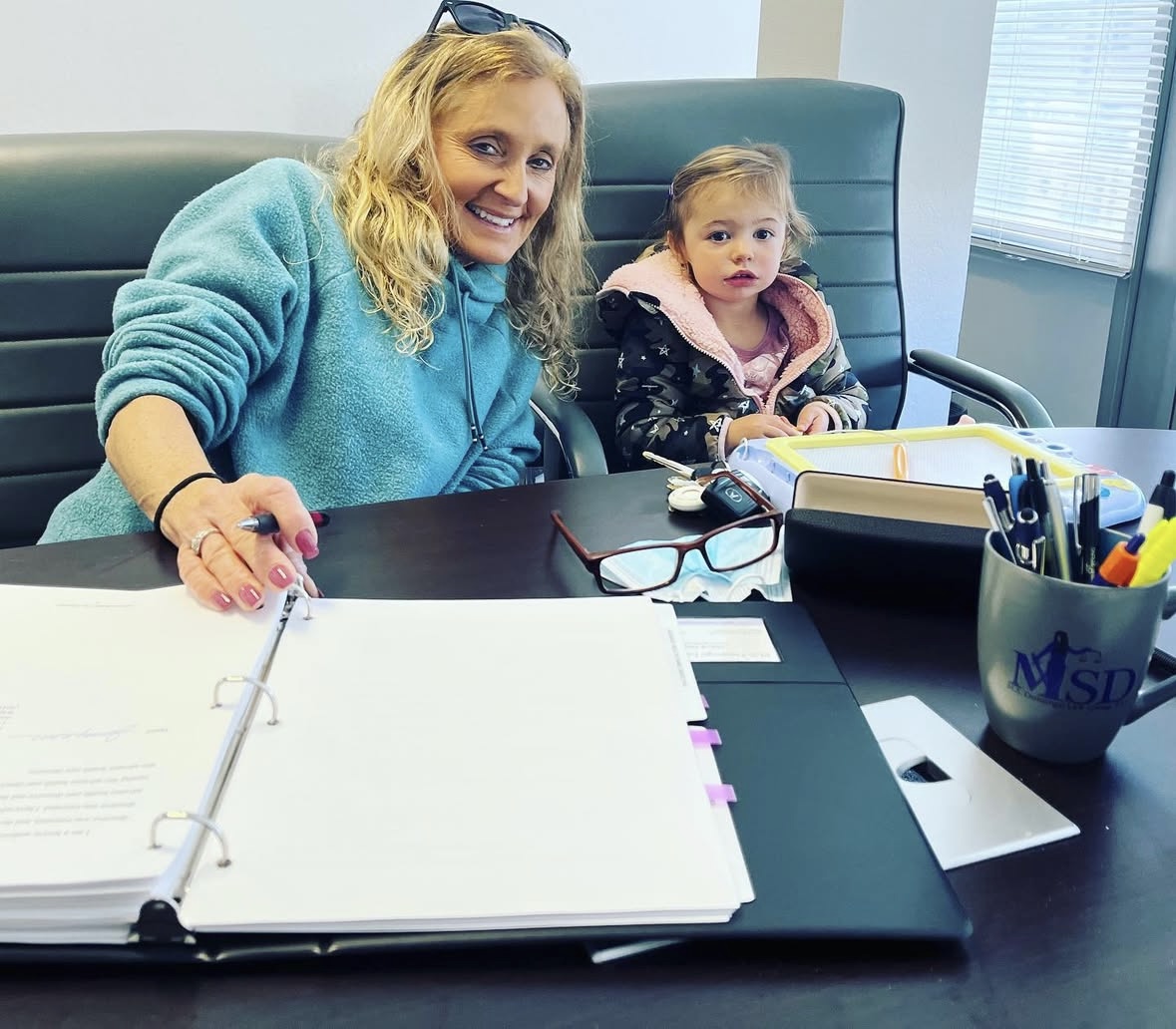
Understanding Guardianship: Person vs. Estate
Role of a Guardian of the Person
A Guardian of the Person takes on the responsibility for managing an individual's daily life and personal care decisions. This includes crucial aspects like housing, medical care, and education. For minors, the guardian ensures they are fed, clothed, schooled, and receive necessary healthcare. For adults, this role often involves organizing medical appointments and deciding on living arrangements. An example could be helping arrange transportation for a loved one to their medical appointments, ensuring they receive the prescribed care.
The Responsibilities of a Guardian of the Estate
Managing finances and protecting property fall under the purview of a Guardian of the Estate. This involves overseeing bills and safeguarding assets, which typically require court oversight. Often, the assets are placed in what is known as a “blocked account” to ensure their protection. Think about handling the financial affairs of a family member, such as paying their utility bills and managing bank accounts to prevent financial mismanagement.
Combined Guardianship
In some situations, combined guardianship allows a single person to oversee both personal and financial aspects of an individual's life. However, courts might sometimes assign separate guardians for the person and the estate to ensure specialized care. This can be especially vital when one person excels in personal care, while another is better suited for financial management.
Court Oversight and Changes in Guardianship
All types of guardianship require court involvement, which ensures the appointed guardian acts in the best interest of the person needing care. Any change to guardianship arrangements also necessitates court approval, protecting the interests of the individual under guardianship. This continual oversight acts as a crucial safeguard against potential misuse of power.
Guardianship Versus Power of Attorney
Guardianship and Power of Attorney (POA) serve different functions. While a POA is established voluntarily by a competent person before incapacity, guardianship is court-appointed when there isn't any previous legal authority. It's not uncommon for a person with a financial POA to still need a guardian for personal and healthcare decisions if no healthcare POA exists. Imagine handling your loved one's bills via a financial POA, yet needing a guardian to oversee their medical care. Guardianship is a vital legal tool designed to protect and assist those who cannot make decisions for themselves. While navigating through the landscape of guardianship can seem daunting, its primary goal is to provide necessary support and protection. It's always wise to consult with a legal professional to explore the best options for your circumstances to ensure both care and financial stability for your loved ones.
